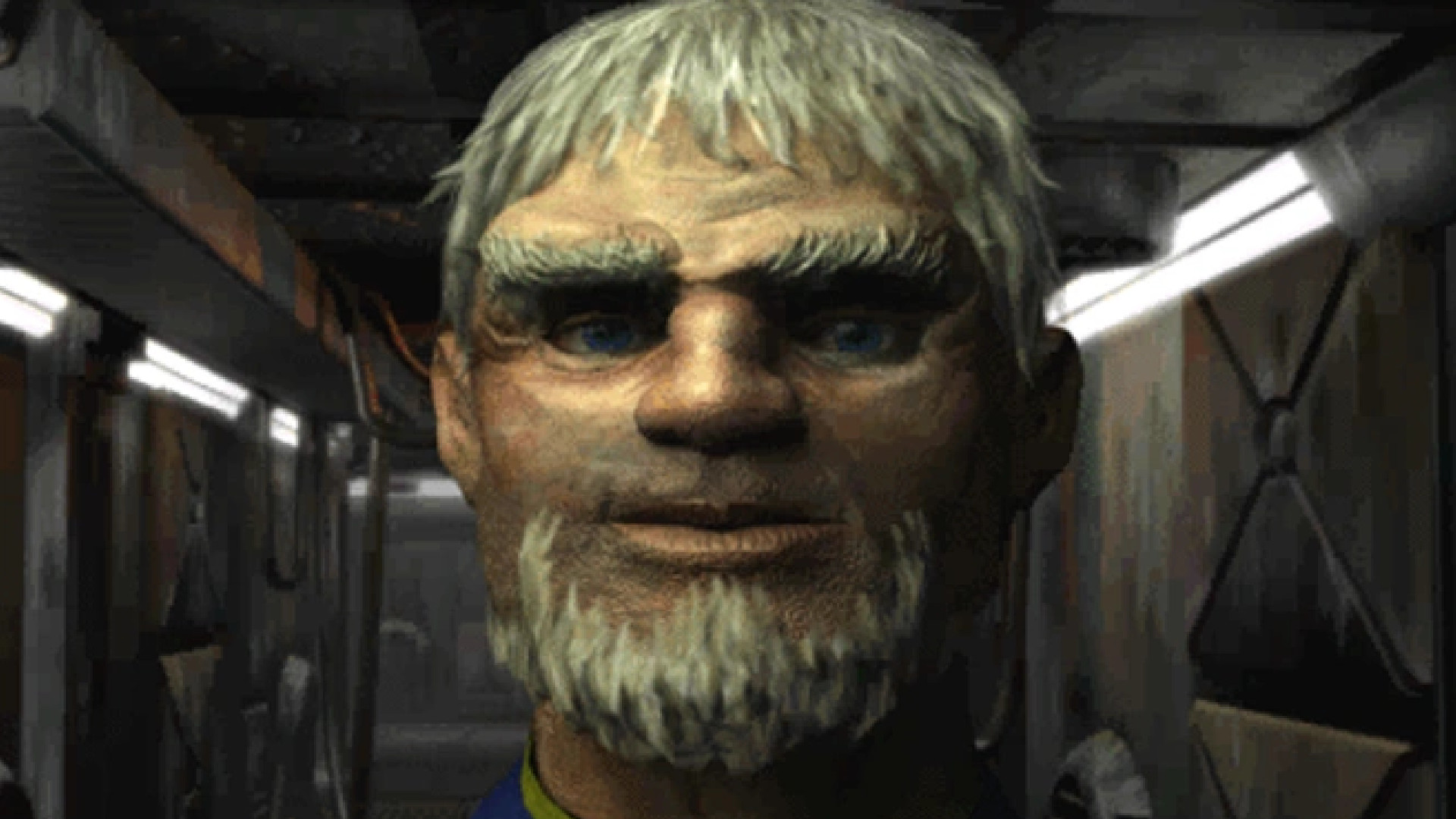Fallout creator Tim Cain says he was "ordered to destroy" his personal archive of the RPG's development: "Individuals and organizations actively work against preservation"
"There's a lot of organizations out there that demand to be the archive keeper, and then they do a terrible job at it"

With each passing year, game preservation grows more and more relevant, and you can add Fallout creator Tim Cain to the many voices calling for a more serious approach to saving video game history. Cain knows the struggle of actually preserving this stuff better than most – after all, he was ordered to destroy his own Fallout archives when he left developer Interplay.
"There's a lot of organizations out there that demand to be the archive keeper, and then they do a terrible job at it," Cain says in a new YouTube vlog. "They lose the assets they were in charge of keeping. This has happened multiple times in my career. When I left Fallout, I was told 'you have to destroy everything you have,' and I did. My entire archive. Early design notes, code for different versions, prototypes, all the GURPS code – gone."
Cain says that Interplay intended to keep an archive internally, but "they lost it. When they finally, a few years after I left, contacted me and said 'oops, we lost it' I thought they were trapping me into 'we're going to sue you if you say you have it.' Turns out, no, they really lost it."
Code for the retail version of Fallout was eventually recovered, Cain says, but many elements used in the RPG's creation have not. The original artwork is gone. The original version of the game, which used the GURPS tabletop system is gone. The physical clay models used to create the talking heads in the original Fallout games are also lost, Cain says.
While game preservation is often conflated with the availability of games on modern platforms, true preservation work done by organizations like the Video Game History Foundation is much more about saving the history and context around the creation of games, like the development material Cain is talking about here.
While some companies are now taking preservation seriously, as we're seeing with PlayStation's massive internal archive, that wasn't always the case in the past, and still isn't universally done today. "Individuals and organizations actively work against preservation," Cain says. "The amount of stuff that's been lost about Fallout and its early development saddens me. I had it. I had that in digital form and was ordered to destroy it."
Regardless of how well Fallout was preserved, Cain is confident it'll still be remembered well into the future. "Bethesda making that IP popular is a big chunk of why it's going to be remembered in 50 years or even a century from now," he says.
Sign up to the GamesRadar+ Newsletter
Weekly digests, tales from the communities you love, and more
"So many other games that came out in the '70s, and '80s and '90s – the code is gone. The art assets are gone," Cain concludes. "Sure, you can try to crack open the databases and pull out those things, but you're only getting the final stuff. You're not getting the original source code or art. I think it's even happening for the '00s and the '10s and probably now in the '20s. Stuff is being lost."
Never forget the work it took to bring the best RPGs to life.

Dustin Bailey joined the GamesRadar team as a Staff Writer in May 2022, and is currently based in Missouri. He's been covering games (with occasional dalliances in the worlds of anime and pro wrestling) since 2015, first as a freelancer, then as a news writer at PCGamesN for nearly five years. His love for games was sparked somewhere between Metal Gear Solid 2 and Knights of the Old Republic, and these days you can usually find him splitting his entertainment time between retro gaming, the latest big action-adventure title, or a long haul in American Truck Simulator.
You must confirm your public display name before commenting
Please logout and then login again, you will then be prompted to enter your display name.



